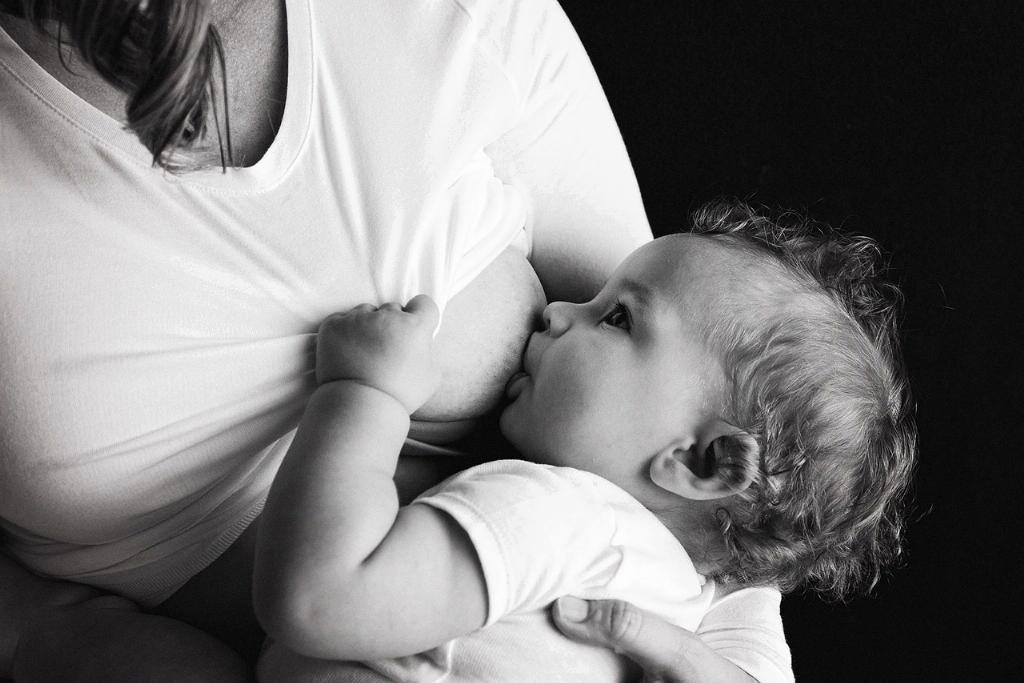When you experience your chest feeling heavy while breastfeeding, it could be due to a phenomenon known as breast engorgement. Breast engorgement occurs when your breasts become overly full, leading to them feeling hard, tight, and painful. This feeling is quite common, especially in the early days of breastfeeding when your milk supply is establishing itself.
One of the primary reasons for feeling a heavy sensation in your chest while breastfeeding is when your milk initially comes in after giving birth. This process, known as your milk “coming in,” signifies the transition from producing colostrum to mature breast milk to meet your newborn’s nutritional needs.
During this transitional period, your body may produce an abundance of milk, leading to your breasts becoming engorged with the excess fluid. Engorgement typically occurs within the first few days postpartum and is your body’s natural response to the increased demand for milk from your baby.
Newborns, especially in the early stages, require frequent and unrestricted access to breastfeed. The little and often feeding pattern of newborns can contribute to breast engorgement as your body adjusts to producing the right amount of milk to meet your baby’s needs.
It is essential to ensure effective and frequent breastfeeding sessions to prevent or alleviate the symptoms of breast engorgement. By allowing your baby to nurse on demand, you can help regulate milk production and prevent your breasts from becoming overly full and uncomfortable.
In addition to frequent breastfeeding, using techniques such as breast massage, warm compresses, and gentle hand expression can aid in relieving engorgement. These methods can help soften the breast tissue, making it easier for your baby to latch and feed effectively, thus reducing the sensation of heaviness in your chest.
Furthermore, ensuring proper breastfeeding positioning and latch can help prevent engorgement and discomfort. A good latch ensures that your baby is effectively extracting milk from the breast, which helps prevent your breasts from becoming overly full and engorged.
If you continue to experience persistent breast engorgement and discomfort despite trying various techniques, it is advisable to consult with a lactation consultant or healthcare provider for further guidance and support. They can provide tailored advice and assistance to address any underlying issues contributing to your chest feeling heavy while breastfeeding.
Remember that experiencing breast engorgement is a common occurrence for many breastfeeding mothers, especially in the early stages of establishing breastfeeding. With the right support, information, and techniques, you can effectively manage and alleviate the discomfort associated with engorgement, allowing you to enjoy a positive breastfeeding experience with your baby.

